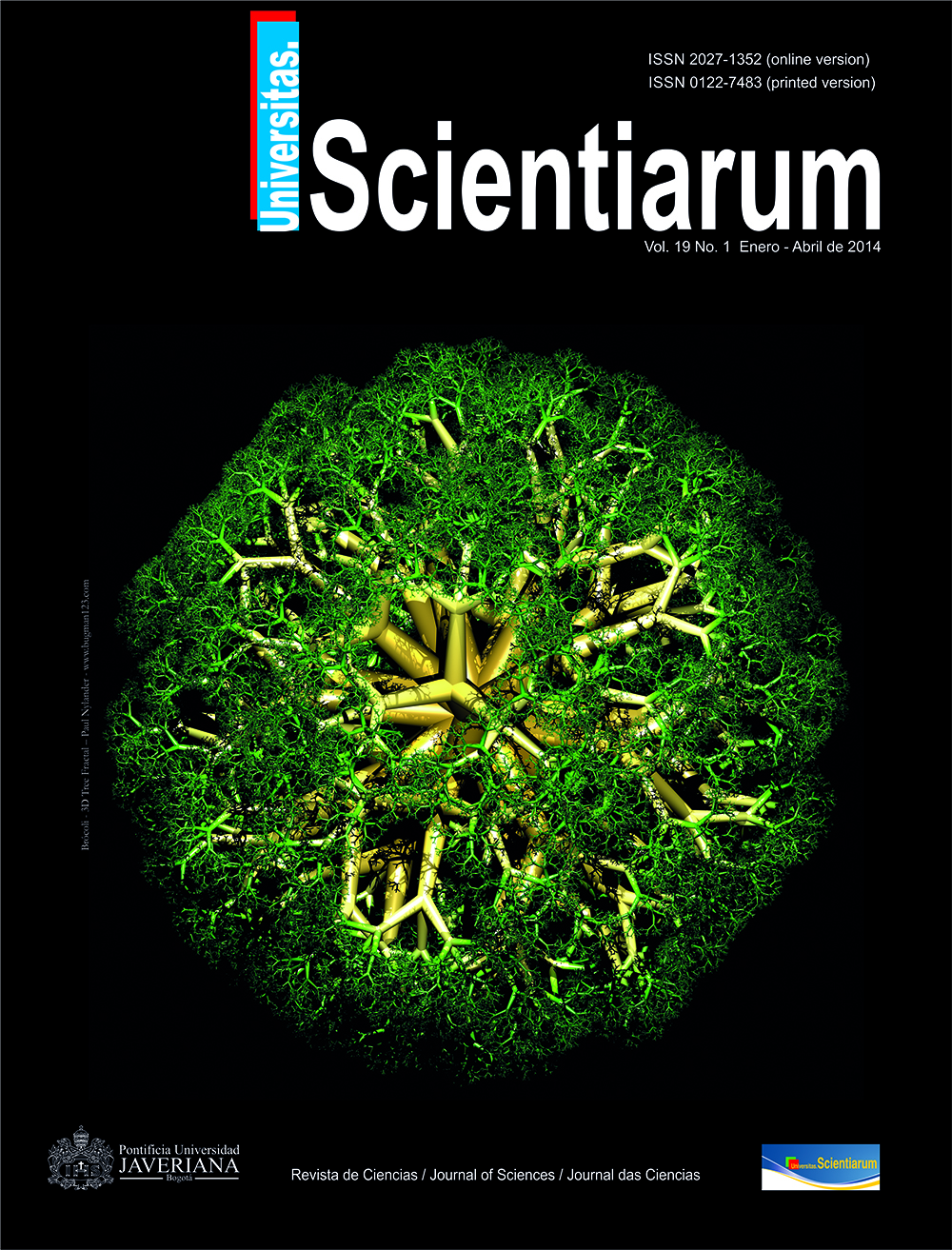Abstract
We designed a strategy for the sequencing and bioinformatical characterization of the 1,3-propanediol operon regulator genes from the Colombian Clostridium sp. strain IBUN13A, which is taxonomically related to Clostridium butyricum. Three genes are proposed to be involved in the operon’s transcriptional activity, the dhaS and dhaA genes through a two-component system and the third gene named dhaY, which encodes a putative transcriptional regulator similar to the domains of the dhaS/A system. Phylogenetic analyses indicated that the predicted proteins had a modular structure consisting of domains homologous to different signal transduction systems, but had significant differences concerning their conserved residues, pointing to the possibility that they constitute ancestral domains. In accordance with the prediction of functions, we propose a mechanism of regulation of the proteins studied of the 1,3-propanediol operon of the native strain, as a response to the presence of glycerol in the medium, which provides valuable information on the overall regulation of the glycerol metabolism in Clostridium sp.
Univ. Sci. is registered under a Creative Commons Attribution 4.0 International Public License. Thus, this work may be reproduced, distributed, and publicly shared in digital format, as long as the names of the authors and Pontificia Universidad Javeriana are acknowledged. Others are allowed to quote, adapt, transform, auto-archive, republish, and create based on this material, for any purpose (even commercial ones), provided the authorship is duly acknowledged, a link to the original work is provided, and it is specified if changes have been made. Pontificia Universidad Javeriana does not hold the rights of published works and the authors are solely responsible for the contents of their works; they keep the moral, intellectual, privacy, and publicity rights. Approving the intervention of the work (review, copy-editing, translation, layout) and the following outreach, are granted through an use license and not through an assignment of rights. This means the journal and Pontificia Universidad Javeriana cannot be held responsible for any ethical malpractice by the authors. As a consequence of the protection granted by the use license, the journal is not required to publish recantations or modify information already published, unless the errata stems from the editorial management process. Publishing contents in this journal does not generate royalties for contributors.



